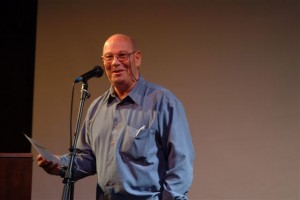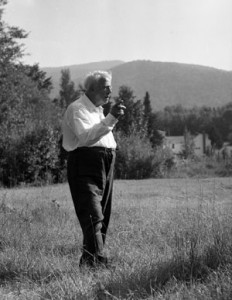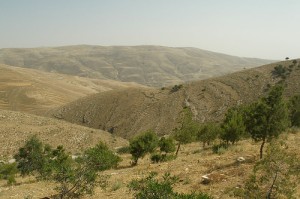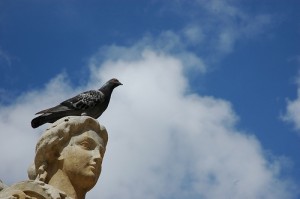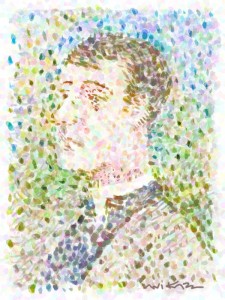
Some years ago, when my family was young, I had a neighbor with very strong opinions. Strong and often different from my own. Gavriel was warm, generous, devoted to his family, humble before his God, and dedicated to his country. He died suddenly and far too young.
In the years before his death, Gavriel underwent not a spiritual awakening, for he’d grown up observant and believing, but a spiritual deepening. He spent long nights immersed in Hasidic texts and studied Talmud with a black-coated partner from the Bratislaver community. He grew sidelocks and wore longer fringes under his shirt. But he continued to serve in his IDF reserve unit long after the usual age of retirement.
At the memorial service held on the first anniversary of his death, one speaker praised Gavriel for his temimut, a Hebrew word that that, in the Bible, means “whole” and “unblemished.” In modern religious parlance it usually refers to a simple, pure piety, one that harbors no doubts. It was the right word for the occasion, for Gavriel indeed brooked none. He believed with perfect faith in God, the coming of the Messiah, in the justice of Israel’s rule over the West Bank and Gaza Strip and their Palestinian inhabitants, and in the power of his love to make his wife and children happy despite the adversities they faced. He believed these things with such fervor that, in his presence, I was often left speechless, if not convinced.
Were I myself so whole, so tamim, I would have immediately quoted to myself from Psalms 18, “I will be whole [tamim] before him, and keep myself from iniquity.” Or Deuteronomy 18, “Be whole in your faith with the Lord your God.” Or perhaps the first verse of Job: “There was a man in the land of Uz whose name was Job, and the man was whole and upright, and one who feared God and turned away from evil.”
But I didn’t. I thought instead of another poem, and not even one by a Jew. “Glory be to God for dappled things,” my heart sang at Gavriel’s memorial service,
The Tents Produce Poetry
Haim Watzman My friend from Kehilat Yedidya, Nir Levy, has been commemorating the current protest movement with a poem a day. Levy, who writes under the penname Nahir Libi, is the author of a fine first book of poetry, Mahol HaNefesh, which he’s also turned into an intriguing and moving show integrating readings of his … Read more
